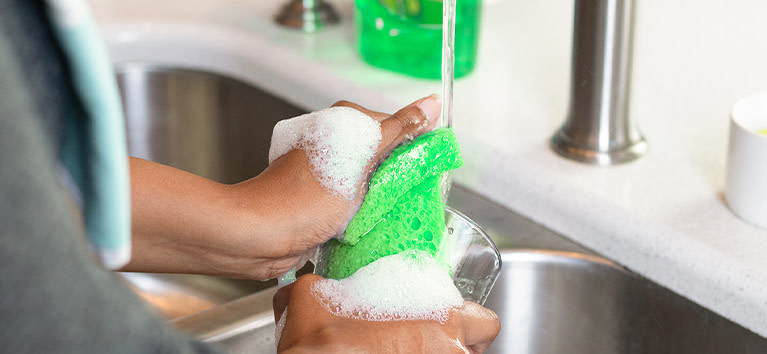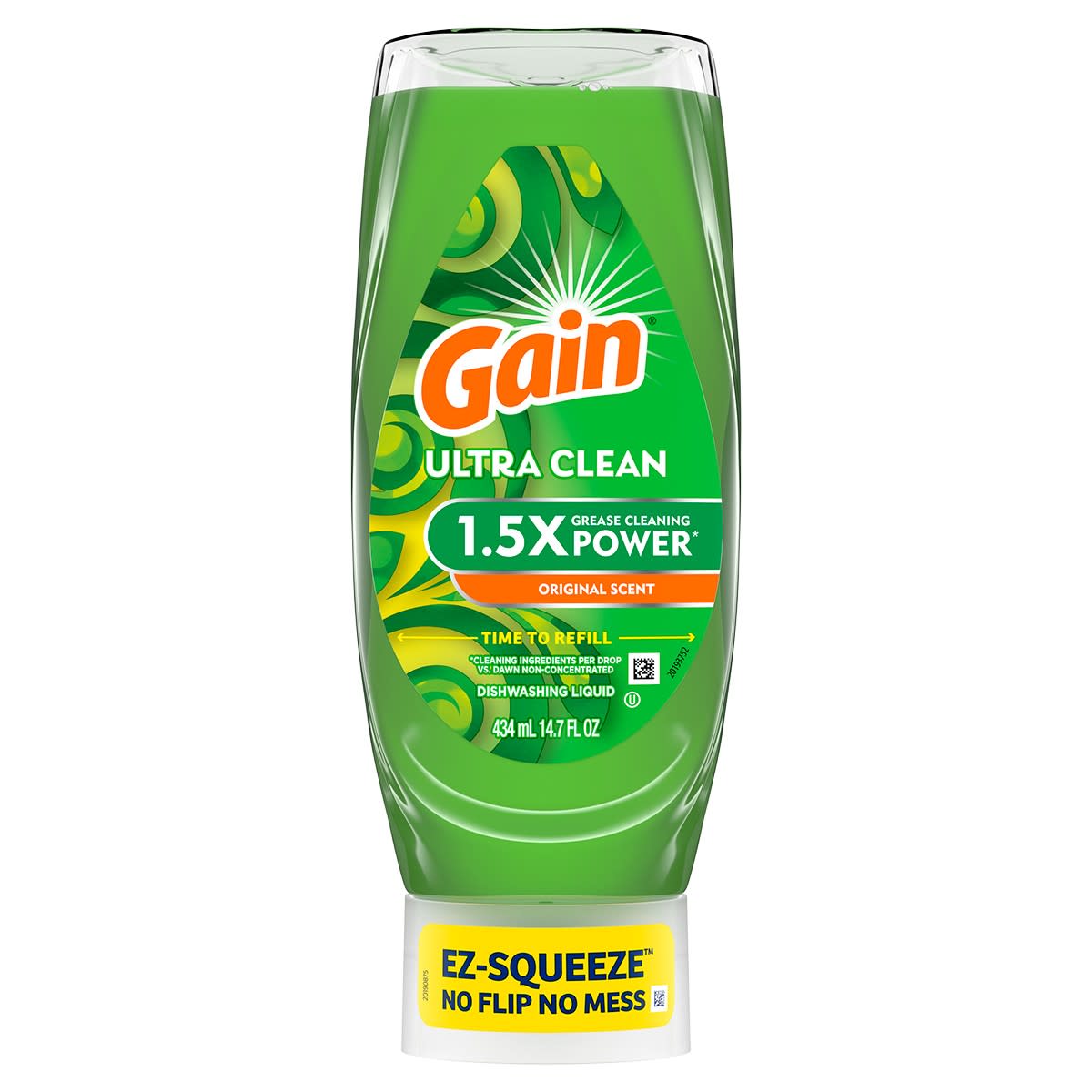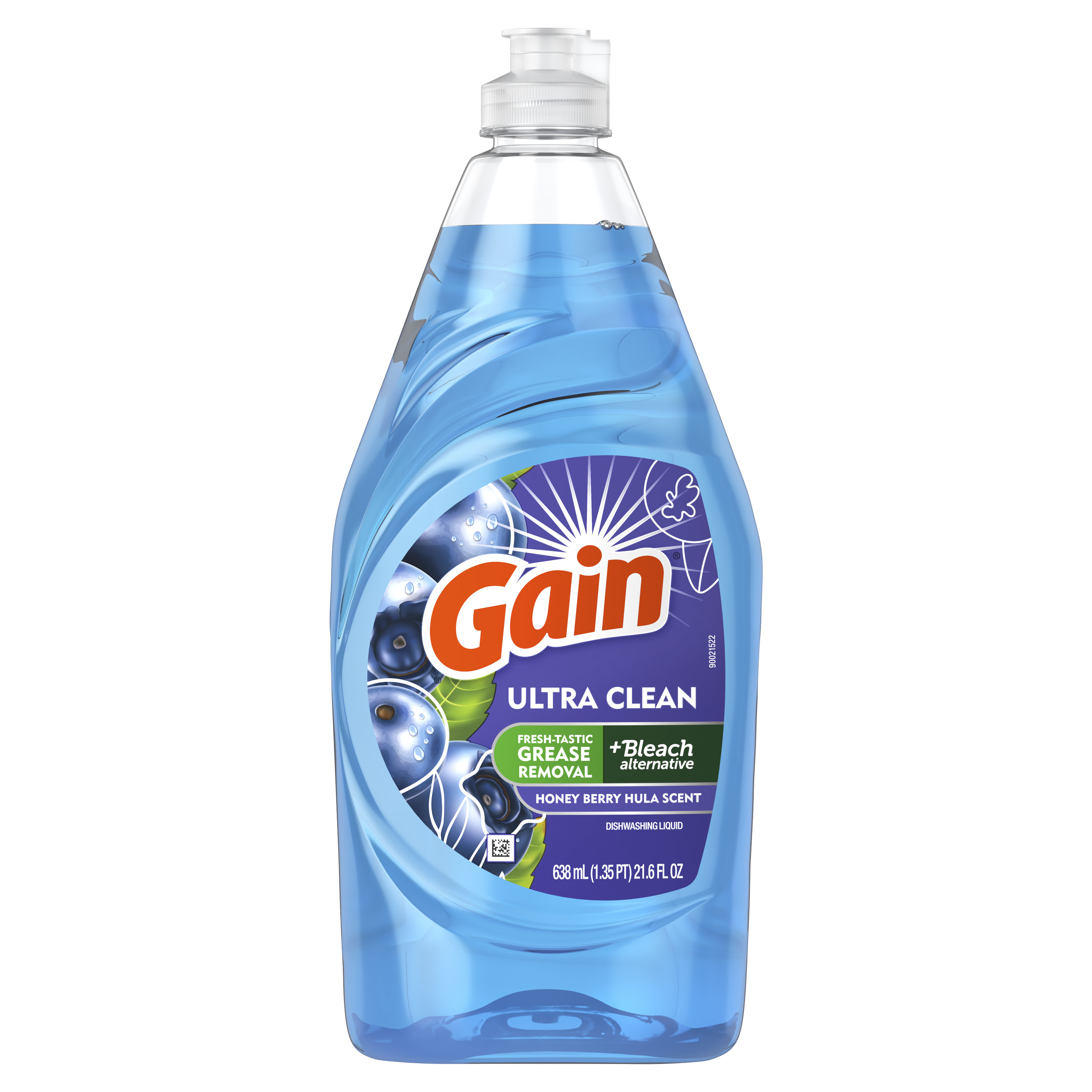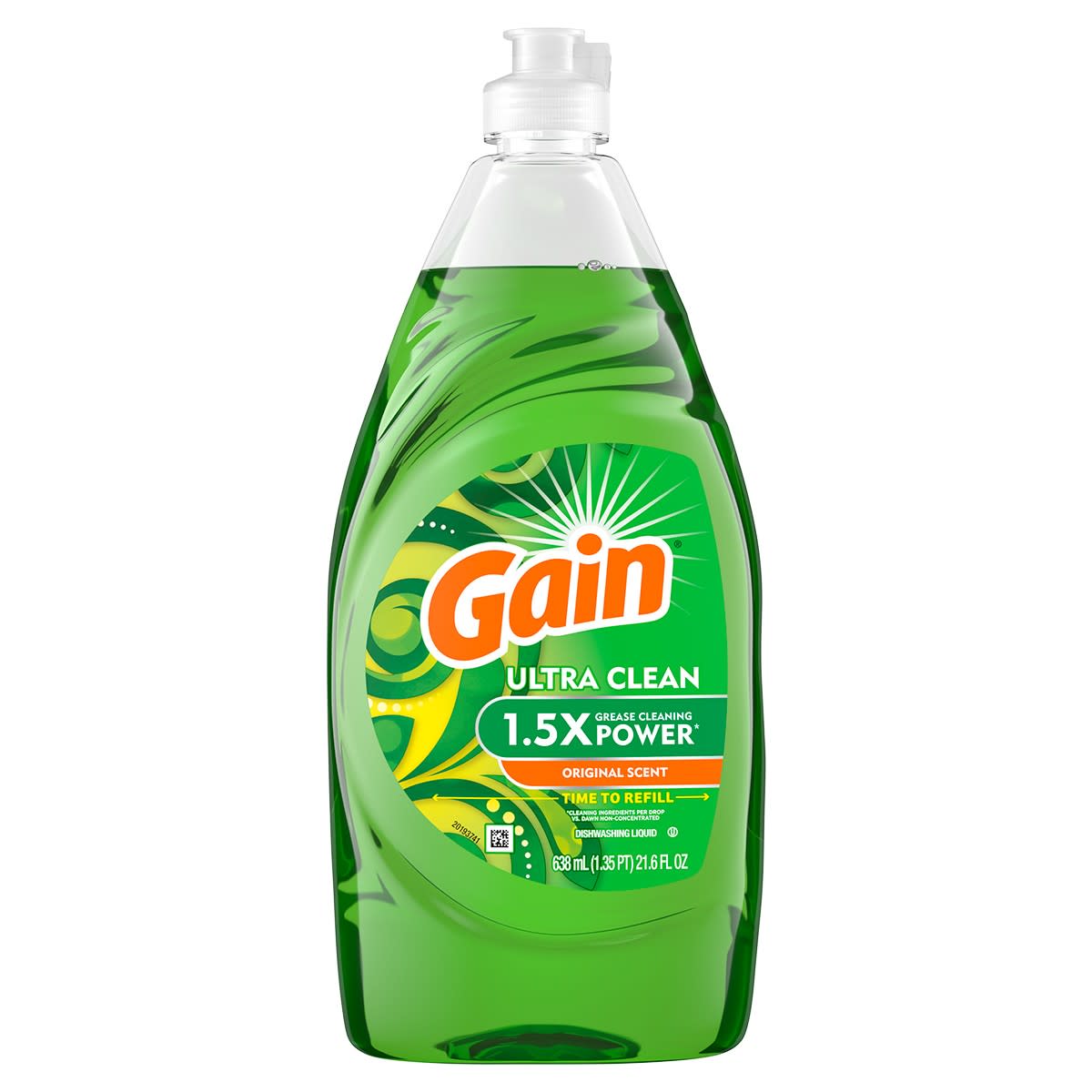Hand washing dishes is a chore humans have been performing for thousands of years. Only within the last hundred years or so did we invent the dishwashing machine to tackle this chore for us. But as with any technological advancement, machine dishwashers may improve our lives, save time, and in some cases, use less water, but there are still some areas where they fall short.
In this article, we’ll take a look at how to properly hand wash dishes, when is it better to wash dishes by hand, and what are some benefits to washing dishes by hand.
Objects That Should Not Be Washed in a Dishwasher
Whether it’s an antique heirloom vase, delicate glassware, or silver plate, there are just some items that aren’t made to be washed in a dishwasher. Due in part to the high-heat dishwashers generate as well as abrasive sprays and detergents, there are just some items that don’t fare well and will be damaged by machine washing them. Below is a brief list of things you shouldn’t wash in a dishwasher:
Fine China, hand-painted antiques, or metal-rimmed dishware:
The harsh, hot nature of machine dishwashers can easily damage or fade these types of dishes.
Thin or flimsy plastic:
The high temperatures in a dishwasher can easily deform or melt these types of items.
Silver:
The high temps and harsh detergents In machine dishwashers can damage or tarnish silver utensils and dishes.
Wooden utensils and dishes
Wooden utensils and dishes are porous, so they shouldn’t be machine washed. Additionally, some woods are treated with foodsafe sealants or oils that could be stripped away by a machine dishwasher.
Crystal and delicate glass:
High temps, harsh jet sprays of water, and detergents can easily crack or break crystal and other delicate dishes.
Kitchen knives:
These precision kitchen instruments work best when they’re very sharp and the high heat and detergents can dull or damage these items.
Cast iron cookware:
Cast iron cookware is porous and relies on retaining oils and seasoning from previous cooking in order to stay flavorful and rust-resistant. In fact, it’s not even recommended to use water or any kind of soap when cleaning your cast iron accessories.
Non-stick or Teflon pans/pots:
Items with coatings designed to reduce sticking during cooking should never be washed in a dishwasher. The hot temperatures and harsh detergents can easily damage or strip away these coatings.
Copper pans/pots:
To keep copper surfaces fresh and bright, it’s best to hand wash these items. The harsh chemicals and high temps of dishwashers can easily dull these types of kitchen implements.
Best Way to Wash Dishes Without a Dishwasher
Did you know that some studies have shown washing dishes by hand lowers stress? It’s true! While dishwashers may be more efficient and use less water on large loads than hand washing, there are just some items that aren’t well-suited for a dishwasher. For the best results when hand washing your dishes, follow the steps below.
Prep the Dishes
Scrape as much food off your dishes as possible into the trash or compost bin. The cleaner you can keep your sink before filling it with water and dish soap, the more effective your cleaning will be.
Fill the Sink
Using water as hot as your hands can tolerate, plug the drain of your sink and begin filling with water, mixing it with your Gain dish soap.
Wash Your Dishes
As the water fills, scrub your dishes with a brush or sponge soaked in hot, soapy water. Once dishes are clean, rinse suds and residue off under running water.
Dry Your Dishes
To dry your dishes, you can either set them in a rack to air dry or using a clean, soft towel, you can dry them by hand before putting them away.
Frequently Asked Questions
What is the fastest way to wash dishes by hand?
One of the best ways to clean dishes fast is to buy good dish soap. That’s right! Good dish soap like Gain Ultra Liquid cuts through grease more quickly, sometimes without even scrubbing. Either apply the dish soap to a sponge or mix directly into a sink filled with hot water, then scrub your dishes clean before rinsing and drying them. Then you’re done and ready to put them away!
What are the 10 steps for properly washing dishes by hand?
1.) Clean your sink 2.) Fill sink with hot water 3.) Soak dishes in hot water 4.) Add Gain dish soap to sponge or brush 5.) Scrub dishes 6.) Clean with soapy water 7.) Rinse with clean water 8.) Drain sink 9.) Dry dishes 10.) Put dishes away
Is it OK to wash dishes by hand?
Of course it is! In fact, some studies have shown that hand washing dishes relieves stress. Plus, some dishes just need to be washed by hand. Items like fine China, antiques, delicate glassware, and cookware like non-stick, copper, or cast iron all must be washed by hand.
Does hand washing dishes clean better?
Studies have shown that washing dishes in a machine dishwasher results in much cleaner dishes than those washed by hand. The reason for this is the high-temperature, sanitizing process a machine dishwasher uses remove far more bacteria, even on dishes that come out of the wash not completely clean.
It’s important to keep your laundry products up, closed and safe – away from children. If at any time you have difficulty closing your package, please reach out directly to our team.
RELATED ARTICLES
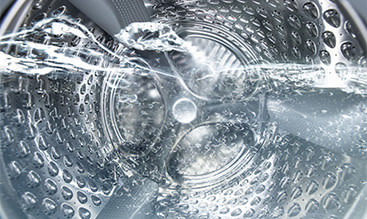
HOW TO CLEAN A WASHING MACHINE
For those of us who have been “adulting” for a while now, we may think we know all there is to know about how to do laundry.
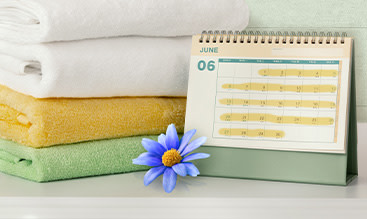
DO LAUNDRY DETERGENTS EXPIRE?
In today’s economy, more shoppers than ever are interested in saving money when and where they can.
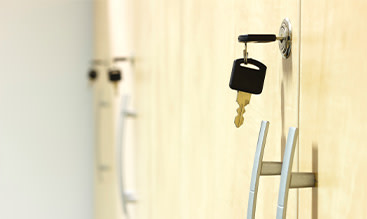
TIPS FOR LAUNDRY ROOM STORAGE
When it comes to dangers around the home, few of us consider the laundry room to be an area we need to be particularly concerned about.

